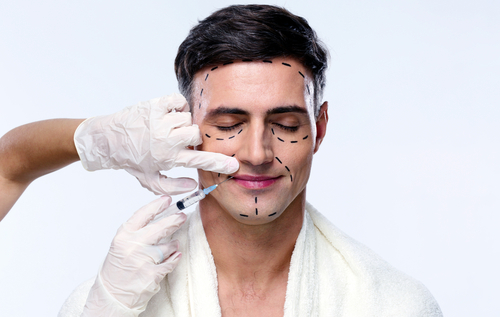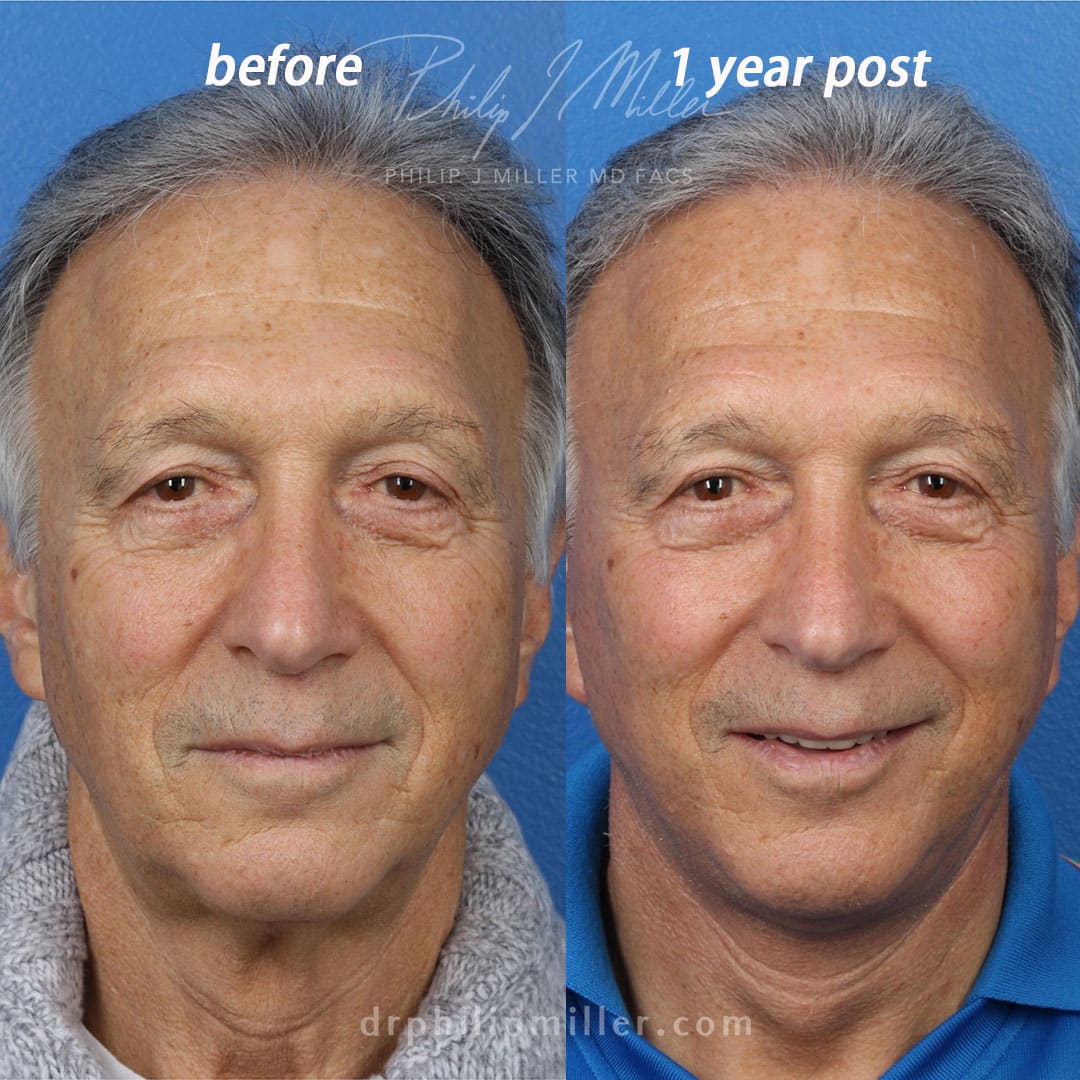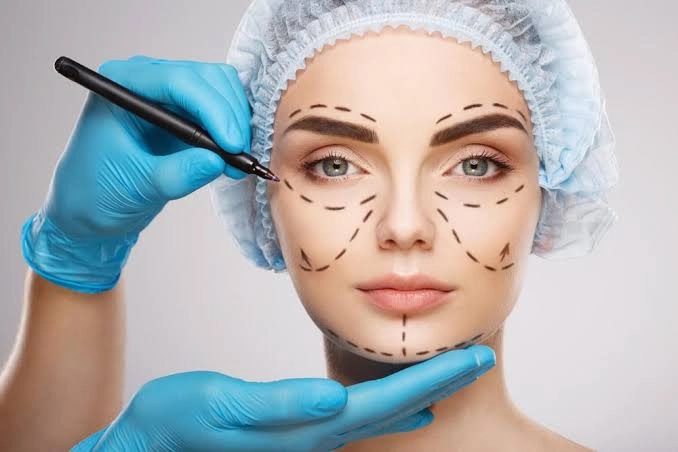Mommy Makeover Rancho Cucamonga: Reclaim Your Pre-Baby Body with Tailored Procedures
Exploring the Emotional and Social Variables That Drive People to Think About Plastic Surgery as a Way of Renovation
The choice to go after cosmetic surgery frequently extends beyond mere aesthetics, intertwining with mental and social characteristics that merit detailed evaluation. Aspects such as self-esteem, prevalent social charm requirements, and the pervasive influence of social media merge to form individual inspirations for surgical enhancement.
The Role of Self-worth
Self-worth considerably influences a person's decision to go after cosmetic surgical procedure. Individuals with low self-confidence typically perceive themselves in an unfavorable light, leading to feelings of inadequacy regarding their physical appearance.

Inevitably, the role of self-confidence in the decision-making procedure pertaining to plastic surgery highlights the intricate interplay in between body image, personal fulfillment, and psychological wellness. Understanding this partnership is critical for medical care experts to make sure that clients are making educated choices rooted in realistic expectations and emotional wellness.
Societal Elegance Requirements
Influenced by prevalent media representations and cultural narratives, social charm standards play a crucial duty fit people' perceptions of their very own bodies. These requirements are usually characterized by an idealized form of charm that highlights qualities such as youthfulness, proportion, and slimness. As these suitables are bolstered via different channels, consisting of movie, advertising, and tv, individuals often internalize these messages, leading to frustration with their all-natural look.
The implications of these social norms extend past aesthetic preferences; they can influence self-esteem, mental health and wellness, and social partnerships. Individuals who regard themselves as falling short of these standards may experience sensations of inadequacy, prompting a desire for plastic surgery as a means of achieving societal approval. This quest is typically fueled by the belief that complying with these perfects will improve not only physical appearance however additionally social standing and individual gratification.

Influence of Social Network
The influence of societal charm standards is further enhanced by the increase of social networks platforms, where curated images and idealized depictions of appeal are ubiquitous. Users are frequently revealed to filtered and edited pictures, which typically depict unattainable physical features. This direct exposure cultivates a culture of contrast, leading individuals to evaluate their very own appearance versus these often impractical standards.
Social media influencers and stars often promote aesthetic treatments, normalizing the concept that surgical enhancements are a feasible means for attaining social suitables (plastic surgery rancho cucamonga). The presence of these improvements can develop an assumption that going through plastic surgery is a basic method, therefore affecting people to think about comparable interventions as a path to boosted self-worth and social acceptance
Additionally, the interactive nature of social media permits instant responses with likes and remarks, even more reinforcing the need to satisfy popular beauty requirements. Such interactions can aggravate sensations of insufficiency and drive individuals toward plastic surgery as a way of acquiring recognition. Inevitably, social networks plays a critical duty in shaping perceptions of elegance, which significantly influences the decision-making procedures bordering plastic surgery.

Social Perspectives on Appearance
Throughout various societies, assumptions of look are deeply rooted why not look here in historical, social, and economic contexts, shaping individuals' sights on charm and desirability. In several cultures, look serves as a considerable pen of identity, affecting social standing, expert possibilities, and personal partnerships. For instance, in some societies, light skin is often connected with wide range and opportunity, while others may glorify darker complexion as symbols of toughness and authenticity.
Additionally, traditional beauty standards are commonly perpetuated through cultural stories, media representations, and family members influences, causing varying perfects throughout different regions (plastic surgery rancho cucamonga). In Western societies, the emphasis on young people and fitness usually drives individuals towards aesthetic enhancement, while in certain Eastern societies, even more subtle changes straightened with standard aesthetic appeals may be liked
Globalization and the proliferation of digital media have further complicated these dynamics, creating a hybridization of beauty perfects that transcends geographical limits. As individuals increasingly navigate these social narratives, the stress to adapt specific appearance criteria can result in the need for plastic surgery, reflecting an intricate interplay of personal aspirations and cultural worths. Understanding these cultural viewpoints is vital in addressing the inspirations behind cosmetic surgery considerations.
Emotional Effects of Plastic Surgery
Lots of individuals seeking plastic surgery record experiencing extensive mental effects that can considerably alter their self-perception and emotional health - plastic surgery rancho cucamonga. The desire for physical improvement image source usually comes from underlying concerns such as low self-worth, body dysmorphic condition, or social stress pertaining to elegance criteria. For some, the prompt post-operative phase can result in a short-term boost in confidence and satisfaction with their look, cultivating a sense of empowerment
Nevertheless, these positive feelings might not be sustaining. Research study suggests that while some patients experience boosted self-worth, others may deal with intense anxiety or depression if their assumptions are not fulfilled. This disparity can emerge from impractical ideals continued by media depiction and cultural narratives surrounding elegance.
Furthermore, the mental implications of plastic surgery extend beyond the individual. Relationships with family members and friends might be strained as social dynamics change, resulting in feelings of isolation or alienation. Ultimately, the emotional effects of cosmetic surgical procedure are diverse and intricate, needing mindful factor to consider by both potential individuals and doctor to make sure educated decision-making and reasonable assumptions.
Final Thought
In final thought, the decision to Read More Here seek plastic surgery is substantially affected by a mix of self-esteem issues, societal charm criteria, and cultural perspectives on look. The prevalent reach of social networks further aggravates these pressures, promoting unrealistic suitables that individuals frequently make every effort to achieve. Comprehending these mental and social elements is essential for resolving the inspirations behind plastic surgery, highlighting the need for a much more nuanced discussion bordering elegance and self-acceptance in modern society.
The choice to seek cosmetic surgical treatment commonly expands beyond mere aesthetics, linking with social and emotional dynamics that warrant complete assessment. Ultimately, social media plays a pivotal function in forming perceptions of appeal, which dramatically impacts the decision-making procedures bordering cosmetic surgical procedure.
As people increasingly navigate these cultural stories, the stress to adhere to specific look standards can lead to the need for cosmetic surgical procedure, mirroring a complex interplay of individual ambitions and social worths.In conclusion, the choice to seek cosmetic surgical treatment is significantly affected by a combination of self-esteem concerns, social appeal standards, and cultural viewpoints on appearance. Comprehending these mental and social variables is essential for resolving the inspirations behind cosmetic surgical procedure, highlighting the need for a much more nuanced conversation surrounding appeal and self-acceptance in modern society.